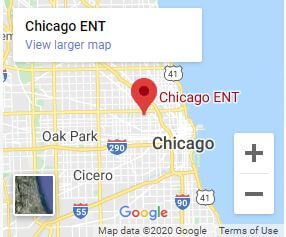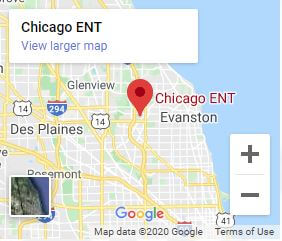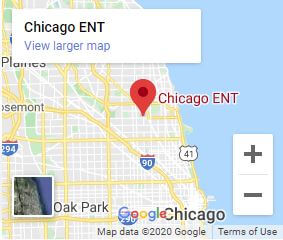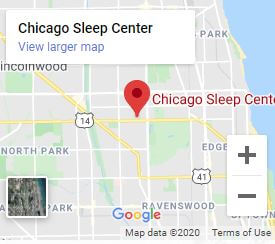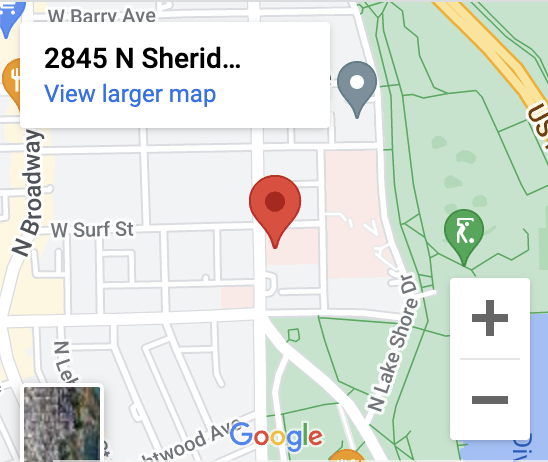Has your stuffy nose lingered longer than usual? You might have sinusitis, also known as a sinus infection.
There are different causes and types of sinusitis. How long your sinusitis lasts usually depends on the type and cause of the sinus infection you’re dealing with.
Keep reading to learn more about sinusitis and how long it may last.
What is Sinusitis?
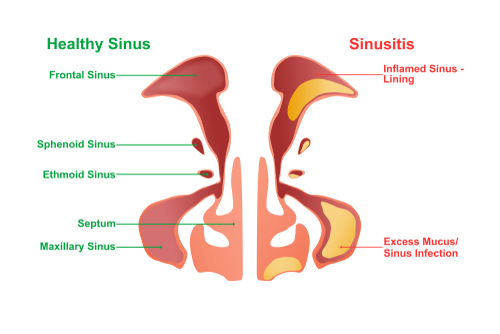
To better understand sinusitis, you need to learn about the sinuses and how they impact your health. Your sinuses are air-filled spaces. These are within the bones in your forehead, between your eyes, and behind your cheeks and nose.
The sinuses are lined with a mucus layer and little hairs called cilia. They also have openings that allow mucus to drain.
The mucus in your sinuses plays a key role. It traps germs, dirt, dust, and other pollutants and particles that enter your nose.
The cilia’s job is to sweep mucus through the sinus openings to the back of your throat. The mucus is then swallowed into your stomach and expelled.
This entire system is fundamental in keeping your sinuses healthy. Sinusitis occurs when allergens, germs, or other irritants trigger swelling or inflammation.
Swelling or inflammation disrupts how your sinuses should function. It also blocks normal sinus drainage.

The result is a buildup of mucus in your sinuses that causes uncomfortable symptoms.
Common symptoms of sinusitis include:
- Having a stuffy nose
- Experiencing facial pressure or pain
- A runny nose
- Post-nasal drip
- Discolored mucus
- Sore throat
- Tooth pain
- Cough
- Headache
- Fever
- Earache
- Fatigue
- Bad breath
- Ringing in the ears or tinnitus
- Decreased sense of taste and smell
If you have sinusitis, you may only experience a few of these symptoms. You may also notice that your symptoms worsen over time.
Types of Sinusitis
There are four types of sinusitis, including:
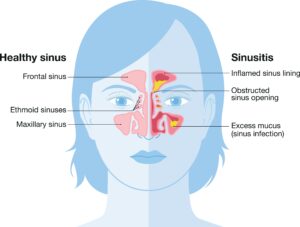
Acute Sinusitis
Acute sinusitis is the most common form of sinusitis and is short-lived. The sinus infection lasts for about 2 to 4 weeks.
Many cases often go away on their own within ten days. Other times, your doctor may prescribe antibiotics if the cause of your sinusitis is bacterial.
Subacute Sinusitis
Subacute sinusitis means that you have a sinus infection that lasts 4 to 12 weeks.
Chronic Sinusitis
If you have chronic sinusitis, symptoms of the sinus infection last longer, making it a chronic condition. A single infection of chronic sinusitis can persist for 12 weeks or more.
Chronic sinusitis needs more advanced treatment than mild antibiotics or over-the-counter drugs.
Recurring Sinusitis
Those with recurring sinusitis have four or more sinus infections in a year. They have no episodes between episodes.
Causes of Sinusitis
Because there are several kinds of sinusitis, different things can cause the condition. Some of these causes include:
Bacteria
Various kinds of bacteria like the ones responsible for pneumonia can infect your nose lining and move into your sinuses.
Viruses
The common cold and the flu are viral in nature, meaning they are due to viruses. These viruses can lead to the onset of sinusitis.
Fungi
While less common, fungal infections can also cause sinusitis.
Nasal Polyps
Nasal polyps are small growths inside the nose than can block your sinuses. These growths can lead to sinusitis in some patients.
Abnormal Nasal Structures
Structures like a deviated septum may obstruct your sinuses, resulting in sinus infections.
Allergic Rhinitis
Rhinitis is an allergic reaction to pollen, mold, pet dander, dust, and other allergens. Allergic rhinitis causes symptoms like nasal congestion, which consequently blocks your sinuses.
Seasonal allergic rhinitis or hay fever can also cause inflammation that clogs your sinuses. In some cases, allergic rhinitis can lead to sinusitis.
Dental Infection

Bacteria may find its way into your gums or teeth. If an infection in your teeth is not treated promptly, it can result in inflammation that might spread to your sinuses and result in sinusitis.
Cystic Fibrosis
Cystic fibrosis is a condition that makes mucus thicken in your nasal cavities. Thickened mucus can block normal sinus drainage.
It might also trap germs and other organisms, causing a sinus infection.
Weakened Immune System
People with compromised immune systems, like those undergoing chemotherapy, are more likely to develop sinusitis.
Some factors also increase your risk for sinusitis, including:
- Trauma to your face that can block the sinuses
- Certain medical conditions like GERD, asthma, and diabetes
- Smoking and exposure to secondhand smoke
Sinusitis Treatment
Most cases of sinusitis will require treatment to:
- Clear your sinuses
- Address the infection
- Reduce inflammation or swelling
- Alleviate symptoms
Some of the treatments used are:
Medical Therapy
Antibiotics or nasal sprays are often the first sinusitis treatment. Your ENT specialist may prescribe antibiotics if you have bacterial sinusitis.
However, they won’t be effective if your sinusitis is viral or due to other causes. Nasal sprays can aid with draining mucus from your nasal passages.
Steroid nasal sprays can also reduce the swelling in your sinuses and help treat and prevent inflammation. It’s important to note that all nasal sprays don’t work the same way.
Allergy Management
If your ENT specialist at Chicago ENT believes that allergies are the cause your sinusitis, you’ll need allergy management. Allergy immunotherapy can be the best long-term treatment for severe allergies.
Immunotherapy, which includes allergy shots or drops, makes you less sensitive to the allergens that trigger your symptoms. It can also reduce your allergic reaction.
Balloon Sinuplasty
Balloon sinuplasty is a minimally-invasive, in-office treatment for sinusitis. The procedure involves inserting a small, flexible balloon catheter up your nose and into the sinuses.
Once in position, your ENT specialist will gently inflate the balloon to restructure the blocked nasal passage. After inflating the balloon, they will clear and drain your sinuses with a saline solution.
Clearing and draining out your sinuses helps restore normal sinus drainage and alleviate sinusitis symptoms.
Endoscopic Sinus Surgery (ESS)
If your sinusitis doesn’t respond to medication or you’re not an ideal candidate for balloon sinuplasty, you could benefit from endoscopic sinus surgery. Endoscopic sinus surgery is a minimally invasive procedure that removes blockages in your sinuses.
Your ENT specialist will insert an endoscope into your nose during the procedure. Inserting an endoscope allows a clear view of your sinuses.
It also clears blockages in your sinus openings using special tools. The goals of endoscopic sinus surgery are to:
- Improve drainage of your sinuses
- Offer relief from sinusitis symptoms
- Reduce the severity and number of sinus infections
Traditional Instrumentation
Sinus surgery with traditional instrumentation involves removing tissue and bone to widen your sinus opening, allowing for adequate drainage and airflow.
SINUVA™
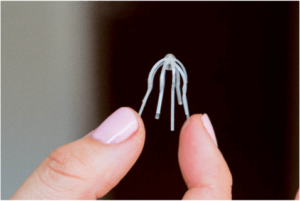
SINUVA™ is a sinus implant used to shrink nasal polyps. It’s also proven to reduce nasal obstruction and breathing.

The implant works by releasing anti-inflammatory medication into your sinuses over 90 days. It’s removed at the end of this period or sooner at the discretion of your ENT specialist.
Stop Sinusitis with Proper Treatment
You don’t have to live with sinusitis’s unpleasant and painful symptoms any longer. The trusted ENT specialists at Chicago ENT offer accurate diagnosis and effective treatment options for sinusitis. Want to find lasting relief from sinusitis to breathe easier? Schedule an appointment at Chicago ENT at any of our five convenient locations today!











